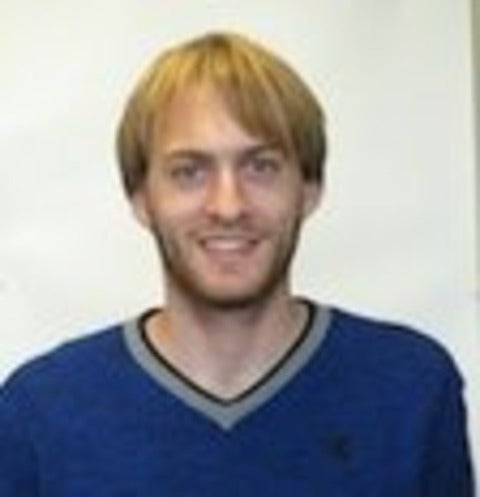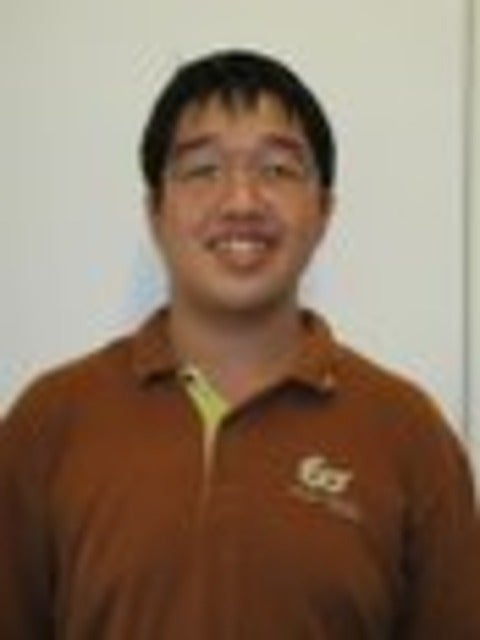John Martinis: What’s next after Moore’s law: quantum computing
John Martinis, University of California,
Santa Barbara
As microelectronics technology nears the end of exponential growth over time, known as Moore’s law, there is a renewed interest in new computing paradigms. I will discuss recent research at UCSB on superconducting quantum bits, as well as our recent start at Google to build a useful quantum computer to solve machine learning problems. A recent experiment will be highlighted that extends the lifetime of a qubit state using quantum error correction.

 Sean Walker of the Department of Chemistry will be defending his thesis:
Sean Walker of the Department of Chemistry will be defending his thesis:
 Poompong Chaiwongkhot of the Department of Physics and Astronomy will be defending his thesis:
Poompong Chaiwongkhot of the Department of Physics and Astronomy will be defending his thesis: